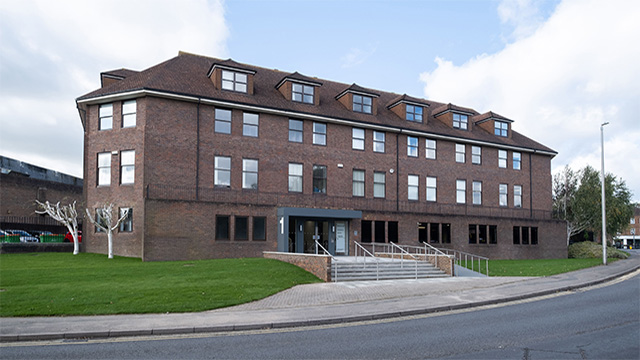EPC changes to squeeze office supply in the South East
EPC compliance will tighten office supply in the South East with more than half of the region’s space falling below the 2027 MEES criteria.
A report from Knight Frank says more than 54% of South East office space falls short of an EPC rating of C or better – the minimum requirement by 2027 to legally let commercial property.
This broadens to 80% against the 2030 requirement of an EPC rating of B or better.
EPC compliance will tighten office supply in the South East with more than half of the region’s space falling below the 2027 MEES criteria.
A report from Knight Frank says more than 54% of South East office space falls short of an EPC rating of C or better – the minimum requirement by 2027 to legally let commercial property.
This broadens to 80% against the 2030 requirement of an EPC rating of B or better.
Both dates fall into a typical lease length for an occupier or hold period for an investor, meaning market activity is already being shaped with these criteria in mind, Knight Frank said.
The office development pipeline remains highly constrained, with only 1.8m sq ft of speculative space set for completion before 2025.
New development starts have also stalled due to rising financing and build costs, meaning the amount of new space currently being marketed is 34% below the long-term average.
This supply dynamic, coupled with 4.4m sq ft of active office space requirements and 4.5m sq ft of office lease expiries over the next two years, will mean that competition for best-in-class space will be strong but supply scarce.
Knight Frank said this presents an opportunity, with those able to undertake work in short order able to benefit from a marketplace in transition and of lower competition.
The supply and demand imbalance has already registered in pockets of the South East through rental increases.
Prime rents in Oxford, for example, have risen by 29% year-on-year, Cambridge by 19%, and Reading by 9%.
In total, 34 markets across the South East have registered an increase in prime rent over the past 12 months.
Knight Frank head of South East and Greater London offices Roddy Abram said: “We expect lease expiries in older, non-compliant buildings to be the major driver of office take-up as we advance, rather than substantial expansionary activity.
“With a large proportion of office space across the South East markets holding EPC levels below the B rating required by 2030, the transition away from poorly performing buildings will compound the impending supply pressure caused by the ongoing development slowdown.
“This is expected to create upward pressure on rents in prime buildings, as more businesses execute their office occupation for the next five to 10 years, with interest focused on the best-in-class supply that can support corporate sustainability targets.”
See more lettings information for the South East>>
To send feedback, e-mail julia.cahill@eg.co.uk or tweet @EGJuliaC or @EGPropertyNews
Image: Pexels











